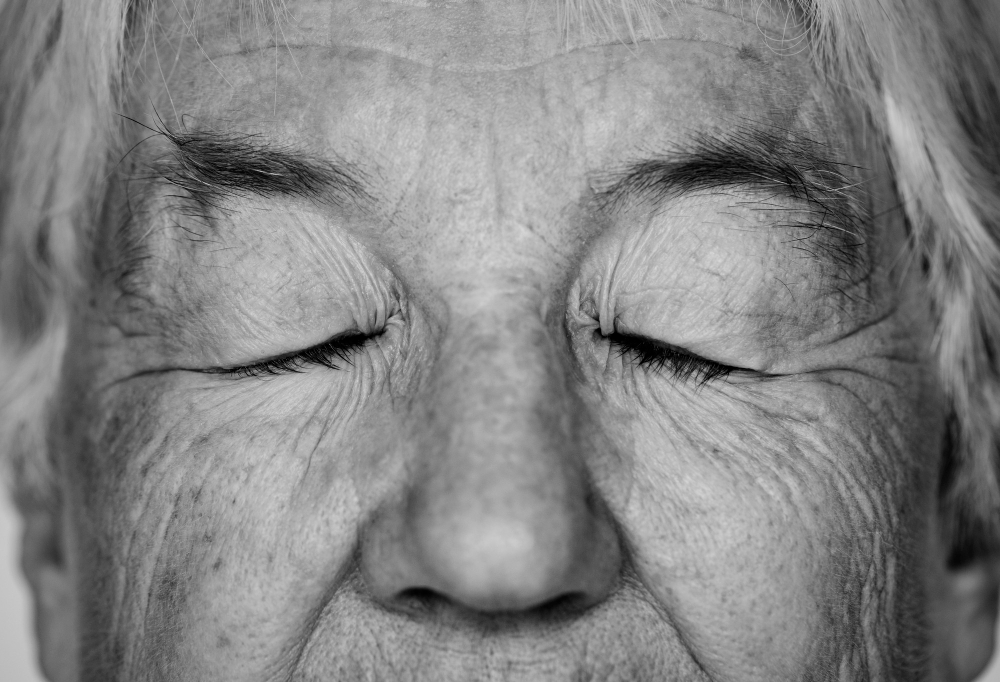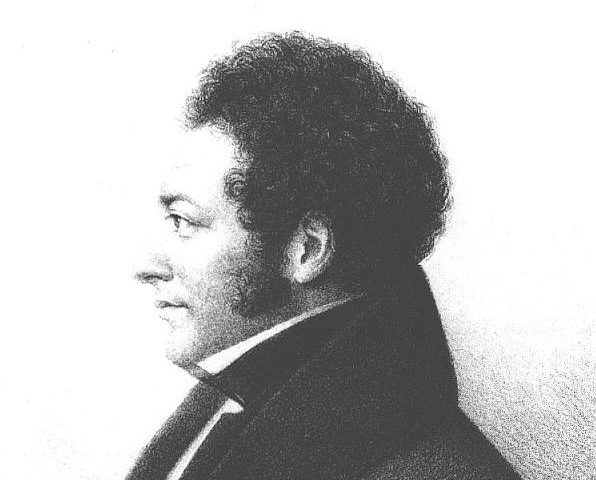Today, I want to invite you to reflect on aging, which in various philosophical traditions has been considered a vital stage where experience materializes into wisdom. To briefly illustrate my interpretation, I will share a personal experience: in a philosophy class for students in an English teaching program, I asked, “Who wants to grow old?” They all answered affirmatively. Then, I continued the Socratic method by asking, “Who wants to grow old and be despised?” They all answered negatively. Faced with these responses, I had no choice but to point out that while the desire to live many years is almost universal, the number of people who advocate for protecting, caring for, and valuing the elderly in our community is very small. What a paradox, right? But I had to explain Plato for the course.
Plato suggested that old age is not merely a sign of the passage of time but a propitious moment for the development of a reflective and just life. Specifically, in The Republic, Socrates points out that old age brings great inner peace and freedom from many unruly desires. Upon reaching old age, we gain the ability to distance ourselves critically from the passions that consumed so much of our time when we were young, that is, to lead a life more guided by reason, in contrast to the restlessness and desires typical of a busy and, in many cases, empty young life.
For his part, Aristotle argued in his Nicomachean Ethics that practical wisdom (“phronesis,” or prudence) fully develops only with time. Accumulated experience is essential for the ability to judge appropriately because “experience is what produces wisdom,” so “being old,” far from being an obstacle, becomes a valuable resource for making more prudent and just decisions.
How beautiful, right? Well, from modernity to the present day, the value of old age has systematically been pushed to the margins. In contrast to the classical views presented in the previous paragraphs, the South Korean philosopher Byung-Chul Han, in his work The Burnout Society, describes how this contemporary obsession with efficiency and performance has violently marginalized those who do not adapt to the speed demanded by the current productive system. In other words, my friends, the admirable reflective capacity typical of a slower and wiser pace of life is being treated by the world as obsolete in its ridiculous pursuit of prioritizing youth and speed (which rushes toward nothingness itself).
“Old age, which represents slowness and pause, is seen as an anomaly in a world where everything must be available immediately” (Han, 2017, p. 52). If you don’t believe it, try getting a sixty-year-old, or someone older, to answer their phone when you try to reach them. Impossible, thank God.
Obviously, Han observes that the “hyperactivity” and “overacting” of the contemporary individual condemn them to live in a state of perpetual self-exploitation. In this context, the elderly, who can no longer, nor should they, perform according to those standards, are excluded from the labor market and all social spheres. The dominant culture seems to openly disdain the reflective and slow-paced time of old age, which, instead of being appreciated as a valuable source of knowledge, is discarded as something that does not contribute to the cycle of productivity or interest. And let’s be honest, friends, except for the Rolling Stones, how many old people are acclaimed for what they do?
This marginalization of the elderly not only manifests in economic exclusion but also in a saddening loss of social status. At this point, it is fitting to recall Zygmunt Bauman, who pointed out in his Liquid Life that modernity has no place for the elderly, as they do not fit into a system that exalts the ephemeral and disposable. Bauman warned us that old age has come to be seen as a state of weakness and vulnerability, that is, decay, rather than a period in which people can impart wisdom, experience, and affection.
And it’s no coincidence that I mention the word “affection.” Just as the elderly are treated like trash, so are children, through the same empty postmodern valuation that considers them vulnerable to justify the frequent mistreatment, underestimation, and denial of their existence. In this sense, Hannah Arendt, in her essay The Crisis in Culture, warns us about the possibility of a society that discards those who do not fit the ideals of efficiency and productivity in service of consumption. Both our children and our grandparents, representing the extremes of life, are seen as dependent annoyances or, worse, unnecessary expenses, dispensable in a world where economic autonomy trumps love and the commitment to care for others.
“Contempt for those who cannot participate in the productive economy is the mark of a civilization that does not value human life” (Arendt, 1968, p. 43).
Despite the tendency to marginalize, it is necessary to remember that, for those of us who do not intend to be fools, old age remains an invaluable source of wisdom and affection. The elderly, that is, our elders (because they don’t come from a cauliflower, they are the ones who gave us life and helped us get to where we are), possess a unique ability to offer love and impart knowledge acquired over their lives. In what world does it make sense to treat an elderly person like an idiot just because they are old? In this one. Given this situation, it must be made clear that only those who have had the honor, pride, and privilege of having lived a long time have infinitely more capacity to understand human life than any young person trying to survive this jungle and/or meat grinder we call modern life.
Returning to Plato, let us briefly recall his allegory or myth of the cave, which presents prisoners chained, only able to see shadows projected on a wall, taking those shadows as reality. Only those who manage to free themselves and leave that prison can contemplate the true light of knowledge and understand the nature of things. Well, friends, the elderly, in that sense, could be seen as those who have already traveled this arduous path of liberation. After having gone through the confusion and illusions that characterize the foolishness of youth, the elderly have had the time and experience to leave the cave and observe the world with greater clarity and wisdom.
Far from being trapped in the shadows of fleeting and false desires and appearances, the elderly have acquired the ability to distinguish between what is essential and what is superfluous, between what is true and what is illusory. It is our elders who hold the key to entering and leaving the cave, for they have not only managed to exit it but can also guide future generations toward the light. This ability to offer guidance should not be despised or undervalued, much less marginalized, but appreciated as an invaluable resource for those who still remain in the confusion of the shadows. The elderly, having lived and reflected on their existence, become true custodians of wisdom, as they are the ones who can help us understand how a fuller and more just life is possible.
It is clear, then, that old age is not a state of uselessness but a treasure of experiences that can guide us in times of uncertainty. If we could see the elderly for who they truly are, dear readers, perhaps we would learn a bit more about how to live more dignified and fulfilling lives. Far from being a stage of life to be scorned and later discarded, old age is a glorious vital period of wisdom transmission: in my life, no one has taught me more and better than an elder, I assure you. And yes, it is fair and sad to say that some people grow old and never understand anything, but that is not the fault of old age itself, but rather a deeper problem that we will discuss in another article: some people go through life without living, that is, without learning.
Although our time tends to marginalize the elderly, it is necessary to revalue this stage as a source of indispensable knowledge for younger generations, precisely in the midst of this increasingly fast and ephemeral world, because the pause, calm, and prudence that the elderly bring teach us to live, without a doubt, with greater depth and meaning. In the end, old age is not just a test of how long a life lasts but an opportunity to appreciate how much every life is worth.



